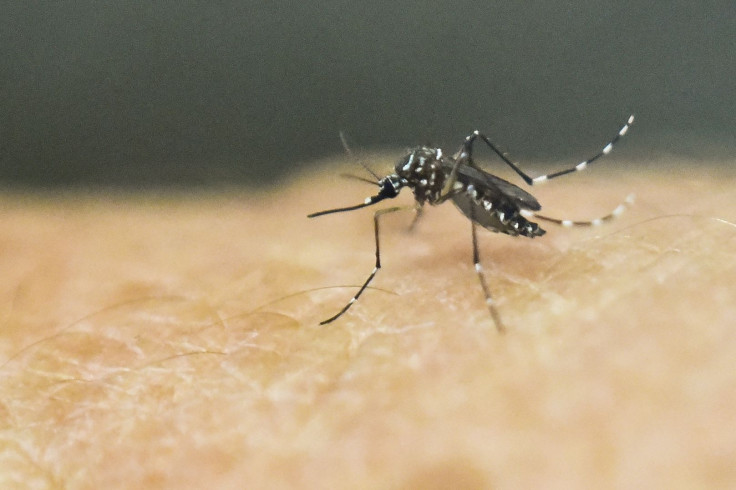Triple E Virus Appears In Tennessee: How Eastern Equine Encephalitis Is More Fatal Than Zika

The Zika virus may be grabbing all the headlines right now but a different mosquito-borne disease called the Eastern equine encephalitis virus (EEEV) has appeared in Tennessee. The virus, which appears in humans and horses, is far less common than Zika. The Centers for Disease Control and Prevention (CDC) reports five to ten cases of EEEV annually in the country.
That said, there is a case to be made that people be alert and educated about the EEEV since the condition is critical. The preliminary symptoms of the virus include headaches, high fever, chills and vomiting and, in severe cases, it can cause an inflammation of the brain. If the condition progresses, it can lead to disorientation, seizures and coma. According to the CDC, one third of patients who get infected with EEE die and of those who survive, many suffer from mild to severe brain damage.
In comparison, the Zika virus is only a real threat to those who are pregnant or trying to get pregnant, as the virus has been linked to serious birth defects like microcephaly and Guillain-Barré syndrome. For others, the infection is rarely fatal and the CDC states it is “likely” those who have contracted the virus will be protected from future infections.
The EEE virus is largely reported in Eastern states, with most cases in New Jersey, Massachusetts, Florida and Georgia. Those over the age of 50 and under the age of 15 are at greatest risk. Like the Zika virus, there is no treatment for the EEE.
© Copyright IBTimes 2025. All rights reserved.






















